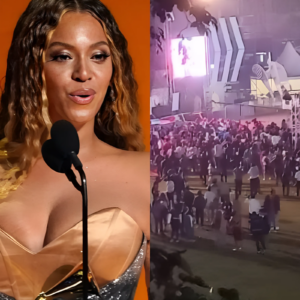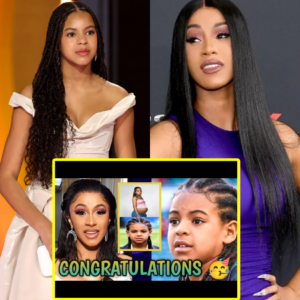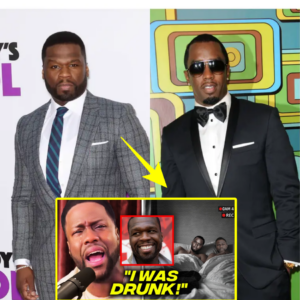In the glitzy world of celebrity, scandals frequently make headlines, but when it involves their children, the stakes are even higher. Recently, Beyoncé found herself at the center of a media storm after derogatory comments were made about her daughter, Blue Ivy, by an individual identified as Williams. This incident has sparked significant dialogue about the boundaries of privacy and parental protection in the digital age.

The saga began when Williams, a former associate of Beyoncé, took to social media to make disparaging remarks about Blue Ivy’s appearance and upbringing. These comments quickly gained traction online, prompting widespread condemnation of Williams for his disrespectful conduct towards a child.
Beyoncé wasted no time in taking action to shield her daughter from further harm. Reportedly, she filed a lawsuit against Williams for defamation and harassment, leading to his arrest. This swift response sent a strong message that no one, regardless of their status or relationship to the family, would be allowed to tarnish the reputation of her child without facing consequences.
This incident has reignited discussions about the responsibilities that come with freedom of speech, especially in the era of social media where comments can quickly go viral with far-reaching effects. While everyone is entitled to their opinions, there is a fine line between expressing oneself and engaging in harmful behavior, particularly when it involves minors who are not equipped to defend themselves against such attacks.
Furthermore, Beyoncé’s actions have highlighted the importance of parental protection in the digital age. As one of the most influential figures in the world, Beyoncé understands the power of her platform and is fiercely protective of her children’s privacy. By taking a stand against those who seek to exploit or harm her family, she sets an example for parents everywhere about the importance of safeguarding their children from online threats.
Beyoncé’s unwavering dedication to her family’s well-being serves as a reminder that celebrity status does not exempt anyone from the fundamental rights of privacy and respect. As fans and spectators, we must also do our part to uphold these values and support those who stand up against injustice, especially when it involves innocent children like Blue Ivy.
In conclusion, Beyoncé’s legal action to protect her daughter underscores the importance of parental rights in the digital age. By spreading awareness and creating a safer, more respectful online environment, we can ensure that all children are protected from online harassment. Let us stand together in support of parental rights and the well-being of children everywhere.
News
Diddy LEAKS Disturbing FOOTAGE Of Beyonce & Jay Z | New EVIDENCE Revealed
The unfolding drama involving Diddy, Jay-Z, and Beyoncé has captivated audiences worldwide. Allegations of scandalous tapes, federal raids, and personal vendettas have dominated headlines, leaving fans shocked…
Tiffany Haddish SHADES Jennifer Hudson For Stealing Common From Her
Tiffany Haddish is making it abundantly clear that she’s not thrilled about comments on new relationship with Jennifer Hudson. She threw some major shade at Jennifer, hinting…
Breaking: Beyoncé’s “Cowboy Carter” Tour Sees Lackluster Ticket Sales, “Only 1500 So Far”
In a surprising twist of fate, Beyoncé’s highly anticipated “Cowboy Carter” tour has encountered a lackluster start, with only 1500 tickets sold for its opening night. This…
“Blue ivy is pregnant” Cardi b Exposed truth about the pregnancy on live TV show says CONGRATS
Welcome to CB Gossip, your go-to source for all the juiciest entertainment news. Don’t forget to hit that subscribe button and ring the bell for more updates….
Kevin Hart FREAKS OUT As 50 Cent LEAKS New Video Of Him & Diddy..
Absolutely, let’s delve deeper into these issues. It seems like there’s a plethora of speculation and rumors surrounding celebrities and their connections to Diddy’s controversial activities. From…
Mike Tyson EXPOSES Members Of Diddy’s S3X CULT..
Unveiling Diddy’s Troubles: A Deep Dive into Allegations and Controversies In recent years, Sean “Diddy” Combs, the rap mogul and entrepreneur, has found himself embroiled in a…
End of content
No more pages to load











